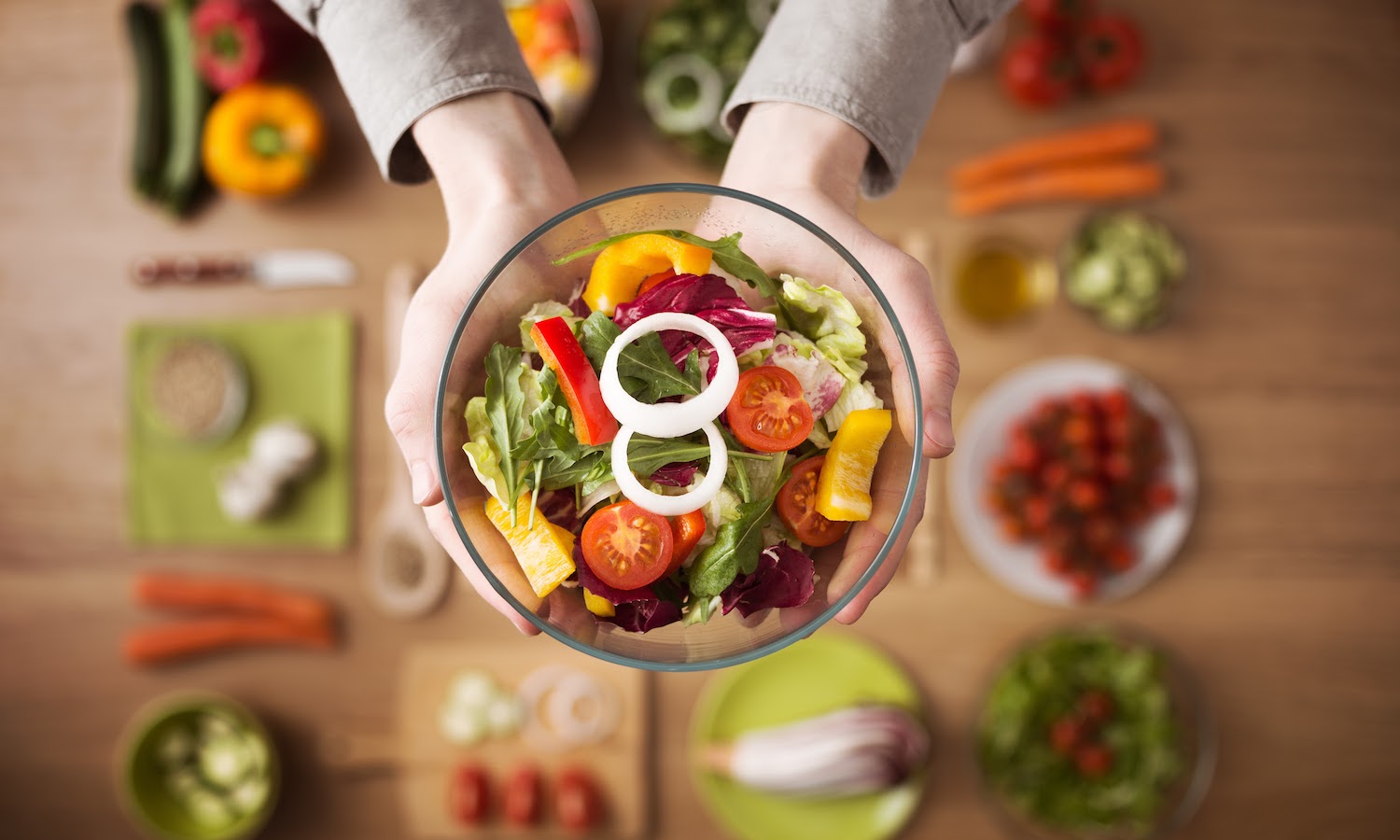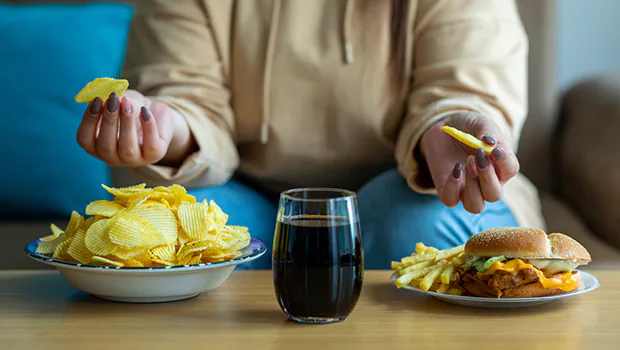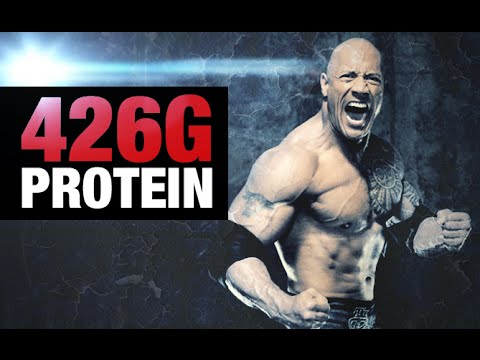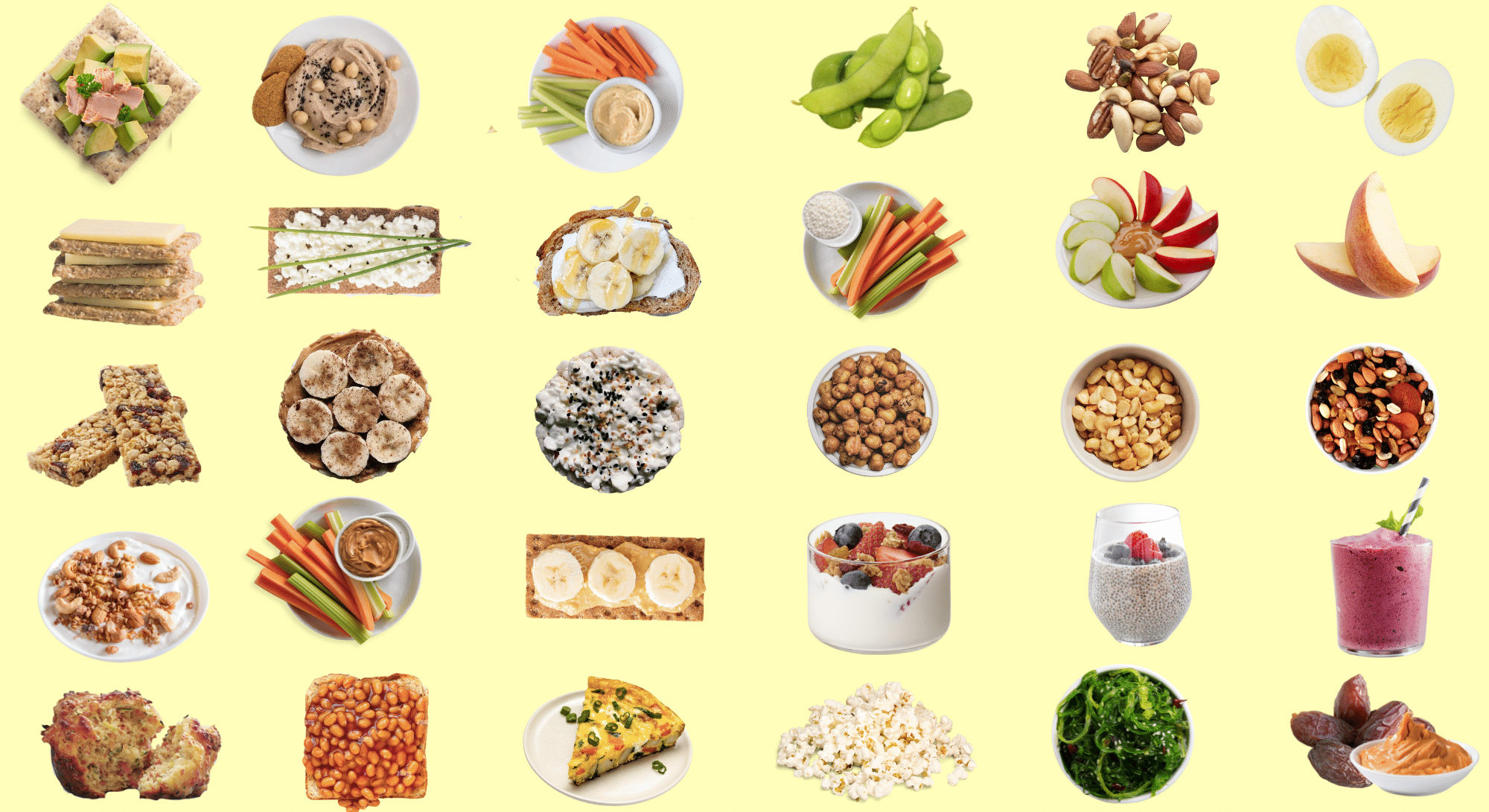For decades, the weight loss industry has been dominated by a simple mantra: calories in, calories out. This reductionist approach has spawned countless diets, from low-fat to keto, all promising the holy grail of sustainable weight loss. Yet, despite a multi-billion dollar industry built on this premise, obesity rates continue to soar. But what if we’ve been looking at nutrition all wrong? Enter the era of AI-powered personalized nutrition – a revolution that promises to render traditional dieting obsolete and transform our relationship with food.
The Fallacy of One-Size-Fits-All
The fundamental flaw in conventional dieting is its one-size-fits-all approach. Your body is not a simple calorie-processing machine; it’s a complex biological system influenced by genetics, gut microbiome, lifestyle, and even your circadian rhythm. Two people can eat identical meals and experience wildly different metabolic responses. This is where AI steps in, ready to unravel the intricate web of factors that influence your personal nutrition needs.
The AI Nutrition Revolution
Imagine a world where your smartphone can tell you exactly what to eat, when to eat it, and in what quantities – all tailored specifically to your body’s unique needs. This isn’t science fiction; it’s the cutting edge of nutritional science, powered by artificial intelligence.
AI-driven nutrition platforms are already emerging, combining data from wearable devices, genetic tests, blood work, and even gut microbiome analysis to create hyper-personalized diet plans. These systems can predict how your body will respond to different foods with unprecedented accuracy, taking into account factors that traditional dieting never could.
For instance, continuous glucose monitors paired with AI algorithms can track your blood sugar response to different meals in real-time. This data can be used to create a personalized “glycemic index” for each individual, allowing for meal plans that optimize energy levels and minimize fat storage.
Beyond Calories: The Nutrigenomics Factor
One of the most exciting frontiers in personalized nutrition is nutrigenomics – the study of how our genes interact with the food we eat. AI is accelerating our understanding of these complex interactions, allowing for diet plans tailored to your genetic makeup.
Do you have a genetic variant that makes you more sensitive to caffeine? Your AI nutritionist might suggest limiting coffee intake. Prone to vitamin D deficiency due to your genes? Your personalized meal plan will emphasize vitamin D-rich foods or suggest specific supplementation.
The Microbiome Connection
Another frontier that AI is helping us navigate is the gut microbiome – the trillions of bacteria that inhabit our digestive system and play a crucial role in our health and metabolism. Traditional dieting never accounted for this “forgotten organ,” but AI-powered nutrition takes it center stage.
By analyzing the composition of your gut microbiome, AI can recommend foods that will nourish your beneficial bacteria and discourage harmful ones. This personalized approach to feeding your microbiome could have far-reaching effects, from improving digestion to boosting immune function and even enhancing mental health.
Real-Time Adaptive Nutrition
Perhaps the most revolutionary aspect of AI-powered nutrition is its ability to adapt in real-time. Traditional diets are static – they don’t account for the day-to-day variations in your activity level, stress, sleep quality, or hormonal fluctuations. AI nutrition platforms can adjust your meal recommendations based on your daily circumstances.
Had a poor night’s sleep? Your AI nutritionist might suggest foods rich in magnesium and B vitamins to boost your energy. Planning a high-intensity workout? It could recommend the optimal pre and post-workout nutrition to maximize performance and recovery.
The End of Yo-Yo Dieting
One of the most promising aspects of AI-powered personalized nutrition is its potential to end the cycle of yo-yo dieting. By providing a sustainable, personalized approach to eating that’s based on your body’s actual needs rather than arbitrary restrictions, it becomes a lifestyle rather than a temporary fix.
Moreover, as these AI systems learn from vast amounts of data across populations, they can identify patterns and strategies that lead to long-term success, continually refining their recommendations for optimal results.
Challenges and Ethical Considerations
While the potential of AI-powered nutrition is immense, it’s not without challenges. Privacy concerns loom large – after all, these systems require access to incredibly personal data about our bodies and behaviors. There’s also the risk of over-reliance on technology, potentially disconnecting us further from our natural hunger and fullness cues.
Ethical questions arise too. As this technology develops, will it exacerbate health inequalities, becoming a tool only for those who can afford it? How do we ensure that the AI algorithms are free from biases that could disadvantage certain populations?
The Future of Eating
As AI-powered personalized nutrition evolves, we’re likely to see a fundamental shift in how we approach food and health. Restaurants might offer menus tailored to your personal nutritional profile. Grocery stores could provide AI-powered shopping assistants to help you make the best choices for your body.
The line between food and medicine may blur, with personalized nutrition plans becoming a standard part of preventative healthcare. Chronic diseases linked to diet, like type 2 diabetes and heart disease, could see dramatic reductions as people are empowered to eat in a way that truly nourishes their unique bodies.
The death of dieting as we know it is on the horizon. In its place, a new paradigm is emerging – one where eating healthily isn’t about restriction and willpower, but about nourishing your body with exactly what it needs, when it needs it. As AI continues to unlock the secrets of our metabolic individuality, we move closer to a world where optimal nutrition is personalized, precise, and effortless.
The era of one-size-fits-all dieting is coming to an end. Welcome to the future of nutrition – personalized, adaptive, and powered by AI.





